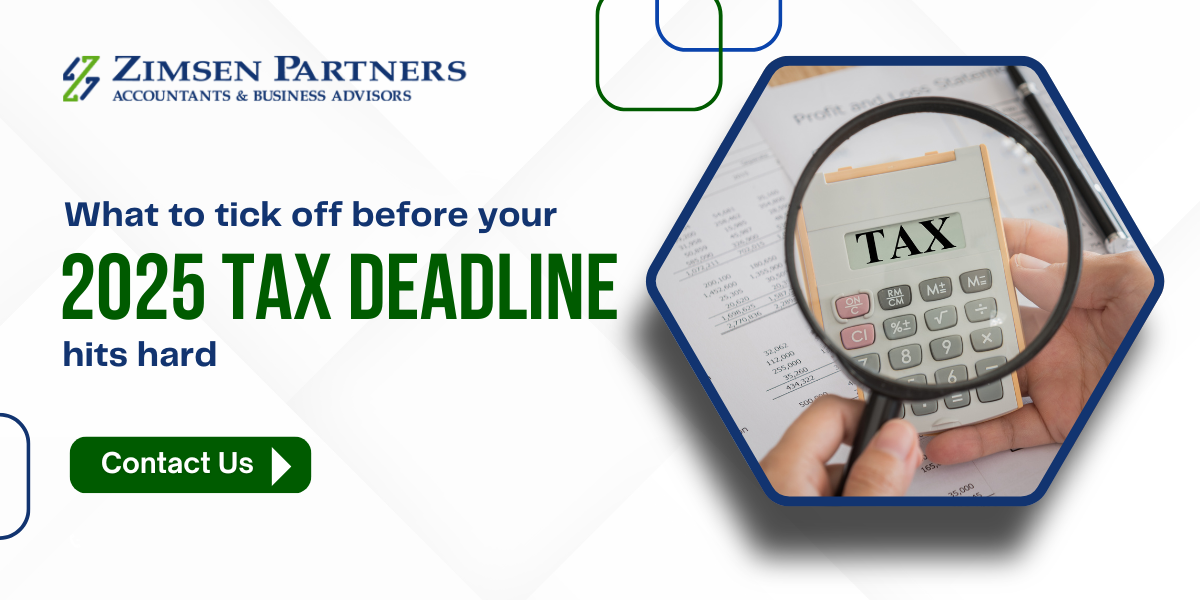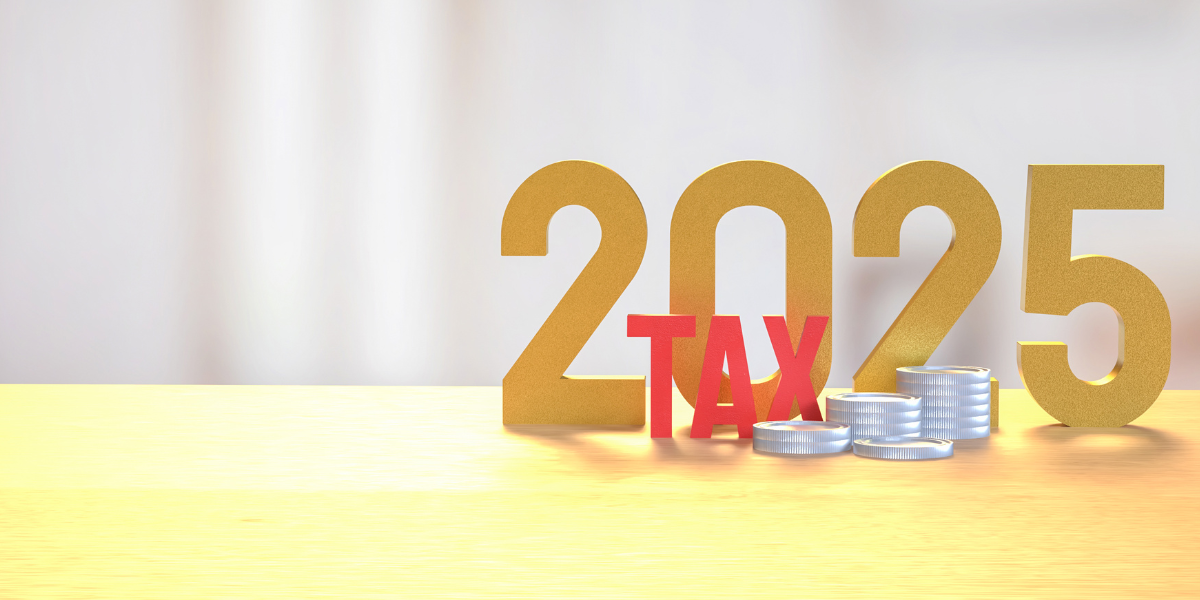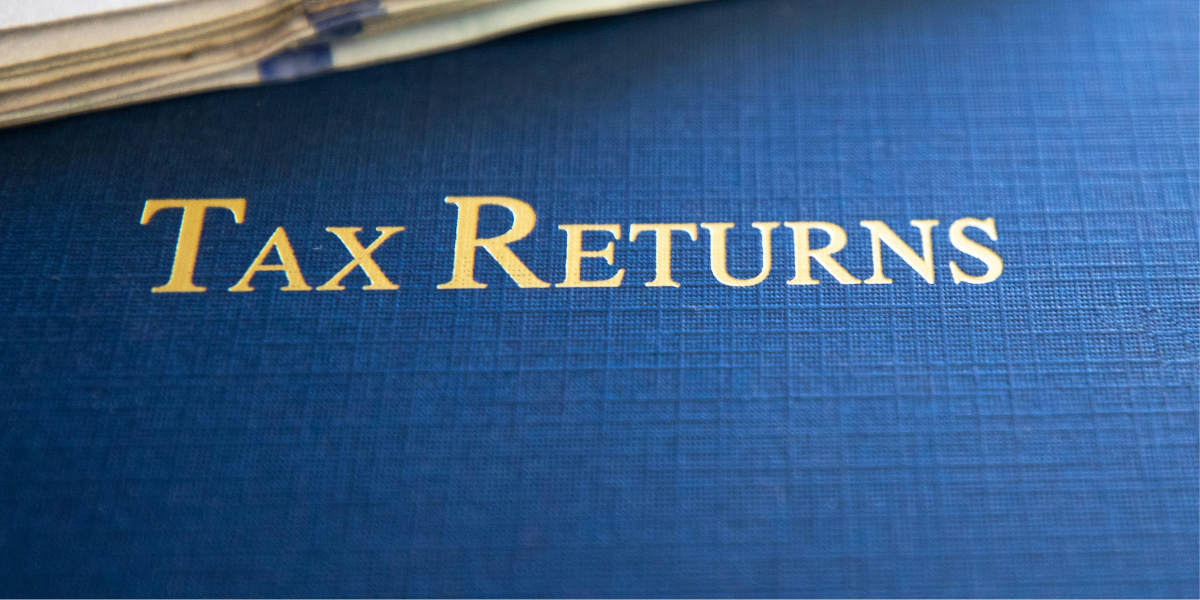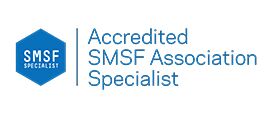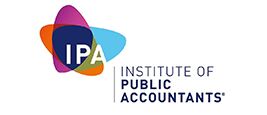On Friday 20th March 2015, Roger G Anthony was invited by Zimsen Partners Pty Ltd to provide a valuable insight into “Management Accounting”. Highly qualified, with an MBA and a Master of Financial Management and prior to his retirement from the Finance Industry, Roger had also held professional membership, such as FCPA, FCMA, FCCA, FCIM. Roger has had a very wide career experience, having held Senior Executive positions, such as Finance Director, CFO and Finance Manager.
He began the presentation by defining Management Accounting.
Management accounting is a profession that:
- Involves partnering in management decision making
- Devises planning and performance management systems
- Provides expertise in financial reporting and control to assist management in the formulation and implementation of an organization’s strategy.
A video clip from Professor Roger Gee explaining the difference between “Management Accounting” and “Financial Accounting” was then projected. This video essentially described that financial accounting is about preparation of financial reports for compliance (e.g. tax returns) and intended users (e.g. shareholders). On the other hand, there is management accounting, which focuses on producing reports for management to understand the performance of the business in a timely manner.
He then proceeded to describe traditional management accounting methods and contrasted them to more contemporary accounting techniques. Traditional Management Accounting systems focus on control of costs in contrast to contemporary approaches that attempt to highlight the value within a business’s operations.
He elaborated on the well-known contemporary management technique the “Kaizen Event”, which is used to fundamentally question why things are done the way they are in a business. The Kaizen process follows these steps:
1. Define the problem
2. Document the current situation
3. Visualize the ideal situation
4. Define measurement targets
5. Brainstorm solutions to the problem
6. Develop Kaizen plan
7. Implement plan
8. Measure, record and compare results to targets
9. Prepare summary documents
10. Create short term action plan, on-going standards and sustaining plan
Roger then addressed the “Theory of Constraints”. This is a management paradigm that views any manageable system as being limited in achieving more of its goals by constraints within the system. This means that processes, organizations, etc., are vulnerable because the weakest person or part can always damage or break them or at least adversely affect the outcome.
He then described the LEAN Accounting management system that is designed to eliminate waste from business processes. For example, outdated computer systems being used at associated offices could lead to decreased productivity. The solution to this is to purchase newer hardware or software which will enable staff to work more efficiently and complete any task they are allocated in a much more efficient manner.
Roger concluded by emphasizing that “Management accounting begins and ends with conversations”. He pointed out that “Communicating insightful information at all stages of decision-making greatly improves decision-making.” And he stressed strongly that “Good communication of critical information facilitates integrated thinking and allows management accounting to deliver at their best.”

